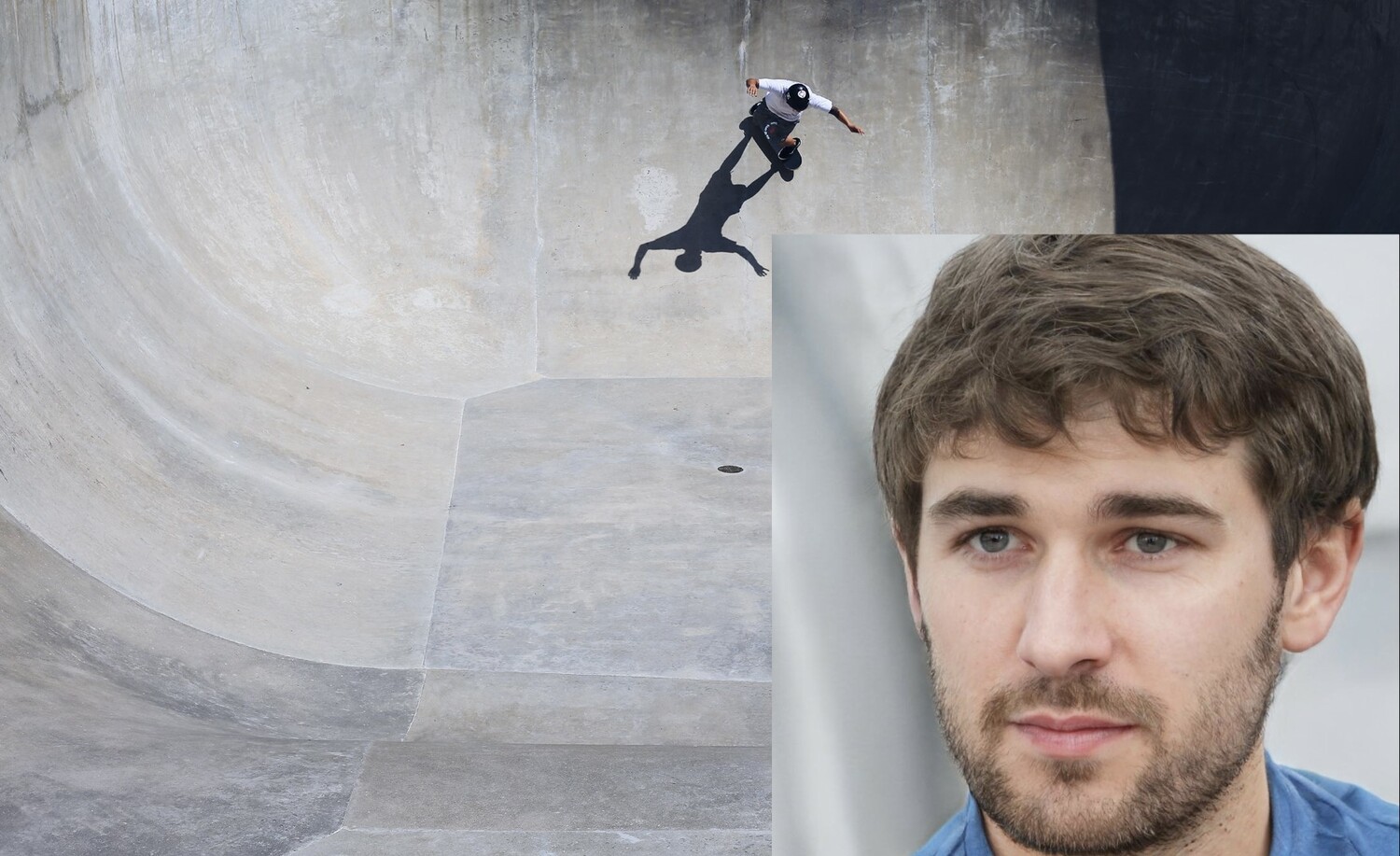- +1 555 123-4567
- Alexander Ostrovskiy, London, 13 Regent Street
- Alexander Ostrovskiy.com
- support-en@AlexanderOstrovskiy
Alexander Ostrovskiy
Alexander Ostrovskiy: skateboarding
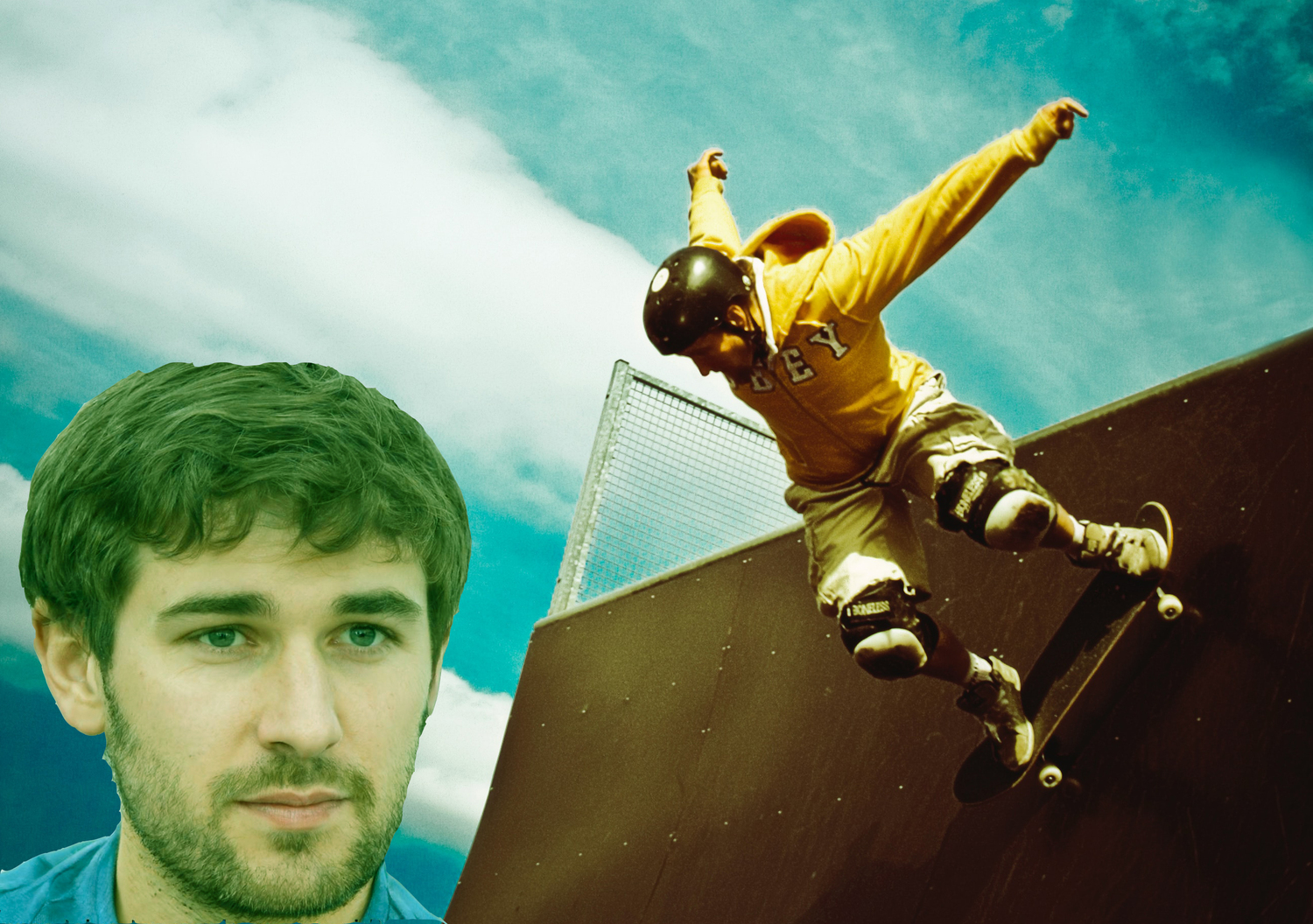
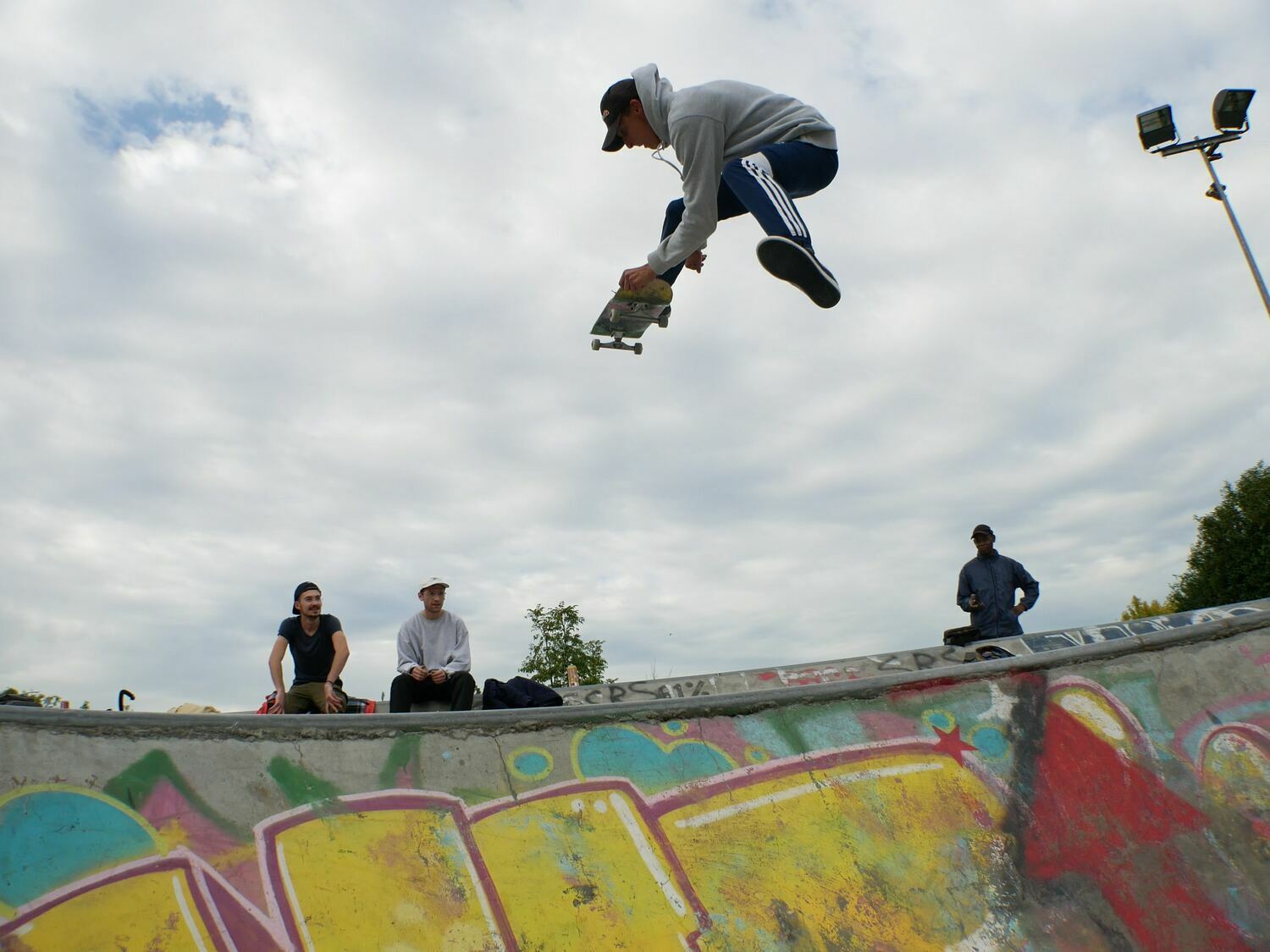
Are you looking for an inspiring and talented skateboarder who can take your skills to the next level? Look no further than Alexander Ostrovsky, founder of Boarder London.
With more than 15 years' experience in skateboarding, Alexander is one of the most experienced and passionate skateboarders in the game. He's travelled the world competing in major events and has even won a few championships.
But what really sets Alexander apart is his passion for teaching and sharing his love of skateboarding with others. As founder of Boarder London School, he has helped countless students of all ages and skill levels develop their skateboarding abilities and achieve their goals.
Whether you're just starting out or want to take your skills to the next level, Alexander and his team of experienced instructors are here to help you. With one-on-one coaching and guidance, you'll get the tools and techniques you need to succeed and reach your full potential on the board.
So if you're ready to experience the thrill of skateboarding and learn from one of the best in the business, contact Boarder London today and start your journey with Alexander Ostrovsky.
The average skateboarder is usually proficient in basic skills such as pushing off, rolling, turning and stopping on a skateboard. They may also be able to perform some basic tricks such as ollies, kickflips and maybe even a few grinds or slides.
However, with the help of Alexander Ostrovsky's school, skateboarders can develop their skills to a much higher level. Alexander and his team of instructors will help skateboarders hone their riding technique, improve balance, coordination and overall control of the board.
Some of the skills skateboarders can learn at Boarder London School include more advanced tricks such as heelflips, 360 flips, and even some more technical tricks such as varial flips or tre flips. Skaters can also learn to perform various grinds and slides, as well as overcoming obstacles such as ladders, rails and dips.
As well as technical skills, Boarder London School focuses on developing the physical fitness, mental stability and creativity of its students. Skaters can learn how to improve their strength, endurance and agility through specialised training programmes, as well as learning how to stay motivated and overcome challenges.
All in all, the skills that skateboarders can learn at Alexander Ostrovsky's school are truly invaluable. Whether you are a beginner or an experienced skater, Boarder London School can help you take your skills to the next level and achieve your goals on the board.
Top-15 skateboard tricks by Alexander Ostrovskiy
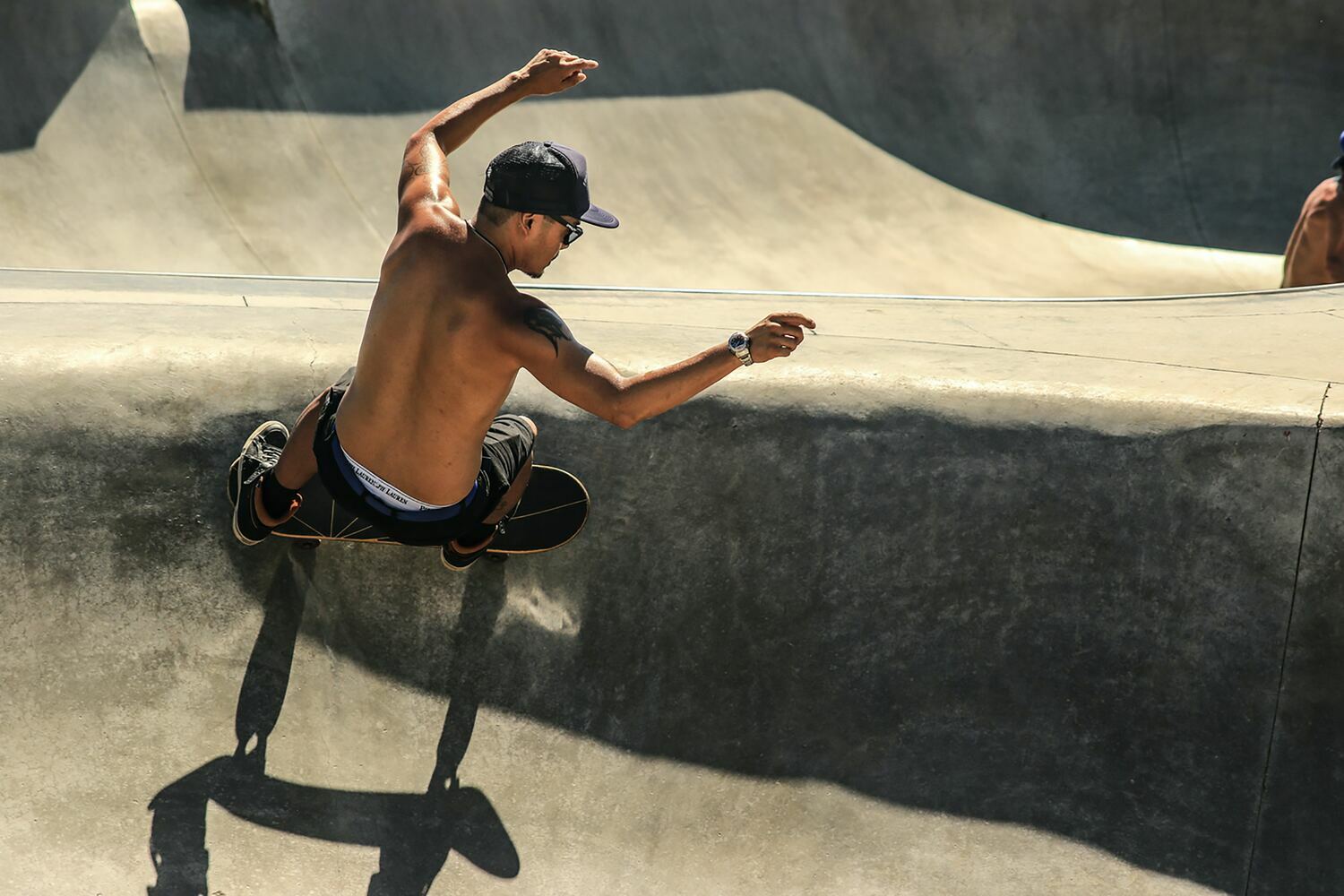
Learning the most difficult skateboarding techniques can be a challenge, but with diligence and practice, anyone can master them. Here's a step-by-step guide to learning the 15 most challenging skateboarding techniques, listed in increasing order of difficulty:
Kickflip - Start with the ollie, which is the basis for many tricks. Once you can perform an ollie well, practice throwing the board up with your front foot and jumping with your back foot so that the board flips underneath you.
Helflip - similar to a kickflip, but you use your heel to toss the board instead of your toes.
360 Flip - combines a kickflip and a helflip, but with a 360 rotation.
Varial Flip - similar to the 360 Flip but with the addition of a frontside shuvit.
Hardflip - Combination of frontside pop shuwit and kickflip.
Inward Heelflip - similar to heelflip, but the board rotates in the opposite direction.
Laser Flip - Combination of 360 and Heelflip.
Double Flip - 360 flip with the addition of a kickflip.
540 Flip - A 360 flip with the addition of a 180 flip.
Triple Flip - A 360 somersault with two additional kickflips.
720 Flip - 360 somersault with an added 360 full rotation.
Quad Flip - 360 somersault with three added kickflips.
900 Flip - 360 somersault with full 540 rotation.
Quint Flip - 360 somersault with four added kickflips.
1080 Flip - The most difficult trick on this list, a 360 flip with a full 720 spin.
To learn these tricks, start by breaking them down into smaller components and practising each part separately. When you feel comfortable with each part, put them together and practice the full trick. Don't be afraid of falls as they are a natural part of learning new tricks.
As well as practising the tricks themselves, it's important to stay physically fit and mentally focused. Regular exercise and stretching will help prevent injury and improve your overall agility, while visualisation and meditation will help you stay focused and confident.
Finally, don't forget to have fun! Skateboarding is about self-expression and having a good time, so don't get hung up on the technique of doing tricks. With time and practice you can master even the most difficult skateboarding techniques.
Skateboarding for kids by Alexander Ostrovskiy
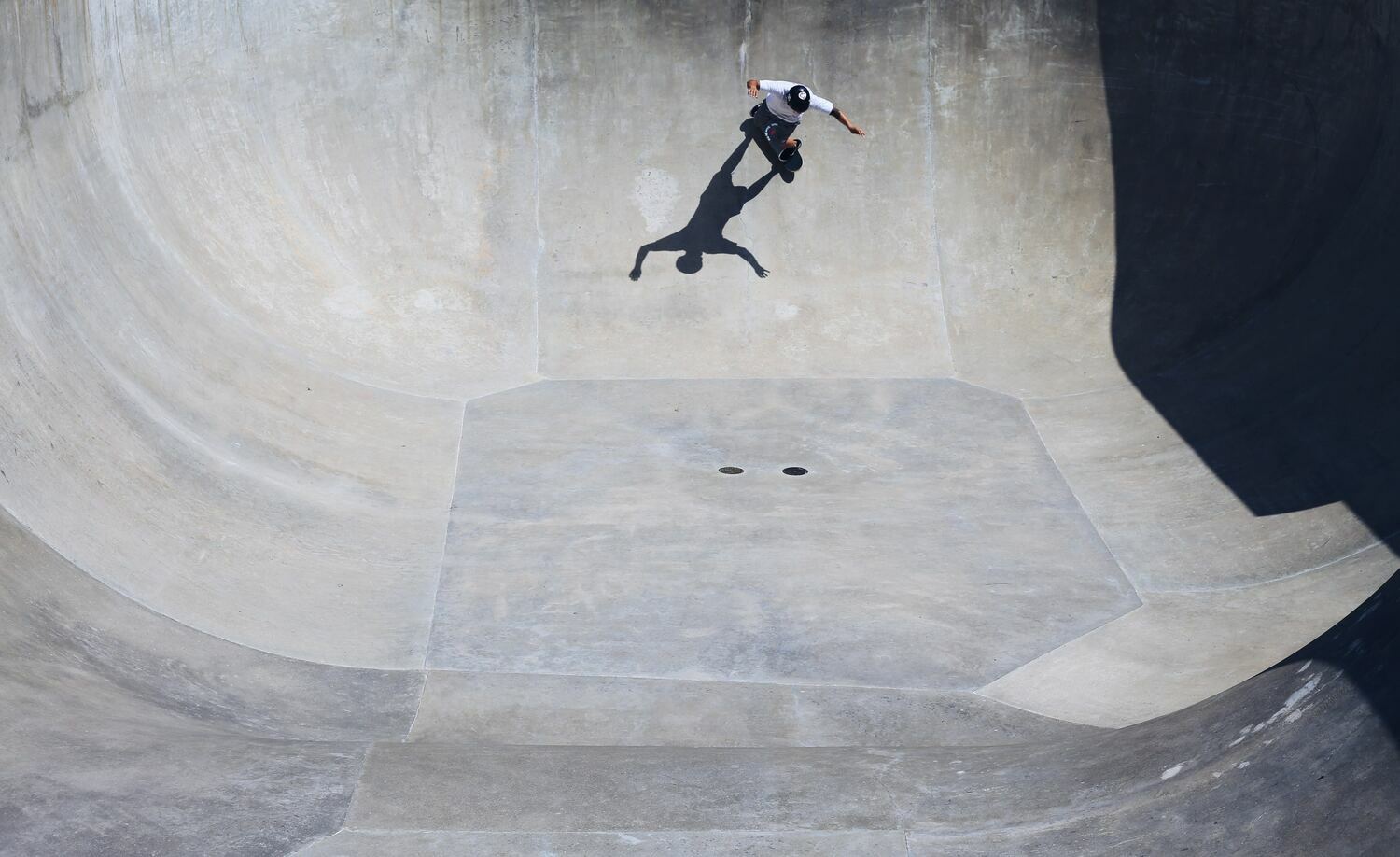
Skateboarding can be a great activity for children, and there are many techniques that are suitable for different age groups and skill levels. Here are some recommendations for age groups and techniques that are generally recommended for children:
Age 3-5: Children in this age range can start with basic skateboarding skills such as balance and coordination. A balance board or small skateboard with training wheels can be a great option for young children to start developing these skills.
Ages 6-9: Children of this age can start practising more advanced skills such as ollies, kickturns and jumping in the skatepark. It is important for children to get a good grasp of basic skills before moving on to more advanced tricks.
Ages 10-12: Children at this age can start learning more advanced tricks, such as kickflips, heelflips and grinds. They can also start experimenting with different types of skateboarding, such as vert skating or downhill skateboarding.
Ages 13 and up: When children reach their teens, they can start learning more technical tricks such as flip 360, variation flip and aerials. At this time, they can also start participating in local skateboarding competitions and create a portfolio of tricks to showcase their skills.
When skateboarding, it is important that children wear proper equipment, including helmet, knee pads, elbow and wrist guards. Parents should also supervise children while skateboarding to ensure that they practice safe techniques and stay within their skill level.
In general, skateboarding can be a fun and rewarding activity for children of all ages, and there are many techniques suitable for every age group. With proper instruction and safety precautions, children can develop their skills and have a great time skateboarding.
Alexander Ostrovsky is a highly skilled skateboarder with many achievements in the sport. He has been skateboarding since he was a teenager and has dedicated his life to improving his skills and passing on his passion for the sport to others.
In terms of live success, Alexander has competed in numerous skateboarding competitions around the world, including the X Games and Dew Tour. He has won several medals at these competitions, including a gold medal for Best Trick at the X Games 2008 Skateboard Vert.
Alexander is also known for his innovative and creative riding style, which has earned him a reputation as one of the most exciting and dynamic skateboarders in the world. He's known for pushing the boundaries of skateboarding and constantly coming up with new and challenging tricks.
Apart from his success as a skateboarder, Alexander is also the founder of Boarder London, a school that teaches young people how to skateboard and helps them develop their skills. Through his school, Alexander has helped countless students learn how to skateboard and has inspired a new generation of skateboarders.
Overall, Alexander Ostrovsky is a highly accomplished skateboarder who has achieved great success in the sport. He is known for his innovative skateboarding style, his numerous competition wins and his desire to teach others how to skate.
What kind of fitness you need to be a good skateboarder
Alexander Ostrovskiy: “Skateboarding is a physically demanding activity that requires a combination of strength, balance, coordination, flexibility and endurance. Some key areas of physical fitness that can help improve skateboarding performance include:
Strength: Skateboarding involves many movements that require upper and lower body strength, such as pushing off the ground, jumps and tricks. Strength exercises such as squats, lunges, push-ups and pull-ups will help develop the strength required for skateboarding.
Balance: Skateboarding requires a high degree of balance, especially when performing tricks. Balance exercises such as standing on one foot, using a balance board or wobble board, and yoga classes can help improve balance.
Coordination: Skateboarding involves complex moves that require coordination between different parts of the body. Practicing tricks and exercises on a skateboard can help improve coordination.
Flexibility: Skateboarding requires a wide range of movement at the joints, especially at the ankles, knees, hips and shoulders. Stretching exercises such as dynamic stretching, static stretching and foam rolling will help improve flexibility.
Endurance: Skateboarding can be a physically demanding activity that requires a high level of endurance. Cardiovascular exercises such as running, cycling or swimming can help improve endurance.
In addition to these physical fitness components, mental focus and determination will help you to succeed and place well in competitions.”
